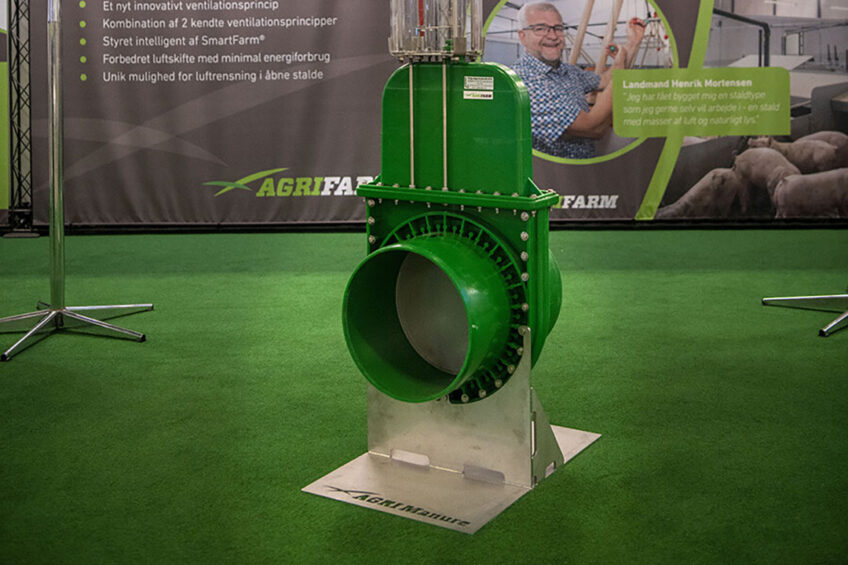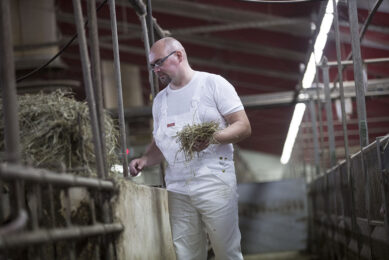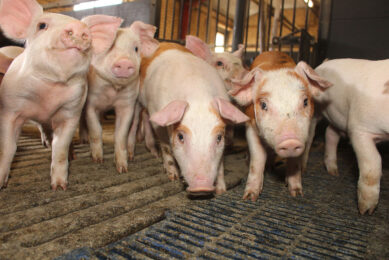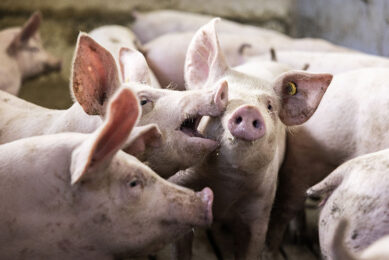Danish pig farmers required to empty manure pits weekly

New regulations that will be implemented at the beginning of 2023 state that Danish pig farmers must empty the manure pit under the pig barn at least once a week. This is one of the measures taken by the livestock industry to reduce greenhouse gas emissions. At a national level, the target is that greenhouse gas emissions in Denmark must be 70% lower in 2030 than in 1990. Livestock farming must also contribute to the reduction plan.
The assignment for the Danish agricultural sector is to reduce greenhouse gas emissions by between 6.1 million and 8 million kilos of CO2 equivalents on an annual basis. That is not an easy task, says Maria Stein Knudsen, Climate and Energy adviser at the Danish organisation for agriculture and food production (L&F). Stein Knudsen: “The reduction obligation for the next 8 years is the same as the reduction achieved in the past 30 years.”
Compliance with rule
The way in which pig farmers have to empty the pits is not fixed:it is for the farmer to decide. However, the pig farmer will have to demonstrate that he complies with the rule correctly.
Automatisation
Traditional pig houses often contain manure storage that is connected to a sewage system. During the Agromek livestock fair in Herning, Denmark, several companies offered automatic manhole valves to let the manure out of the well. By automating the emptying of the pit and storing the data, the pig farmer can demonstrate that he complies with the rule.
Ratification by new government
The exact effective date of the law is not yet known. This is because a new cabinet is being formed in Denmark. The new government must approve the law, of which this rule is part. Nevertheless, it is widely assumed that the Danish climate law will be ratified by the new government.
 Beheer
Beheer








 WP Admin
WP Admin  Bewerk bericht
Bewerk bericht